|
I've been fed this week on social media with everyone's amazing recaps, threads, and photo albums of their time in Chicago, it definitely helps soften the con drop. This was my fourth Celebration (the first was Anaheim in 2015), and the love among fans was absolutely palpable. For the franchise, for the artists who create it, for each other.
I'm tucking back into post-production, but wanted to share some of what I filmed at Celebration. Over 100 people let me point a camera at them for our b-roll last weekend, but unlike Orlando in 2017, this year so many folks knew about Looking for Leia and were excited to connect with us. And we were thrilled to connect with all of you! The recap reel features an arrangement of Rey's Theme created by Kate Burns and performed by singers from the Archer School for Girls. It's just one of the pieces created for Looking for Leia, we can't wait to share the rest. MTFBWY, Annalise
2 Comments
Our team just got back from an epic five days at Star Wars Celebration, where we had the chance to point our camera and some truly fabulous cosplayers and fans! Want to see some of what we saw? Here are some screen grabs of the video b-roll footage we were shooting all weekend! there's been an awakening, have you felt it?OK, maybe not so much an "awakening" to the Force as a sudden realization that we're flying to Chicago for Star Wars Celebration in 24 hours and we're feeling the pre-con anxiety! You too? You know all those great sticker and patch designs in our pop-up shop? Well, we made you wallpaper for your phones, because we think you're awesome and whether you'll be in Chicago or comfortably watching the livestream from the peace and comfort of your own home (highly recommended, btw), you can deck out your lock n' home screens with all this gorgeousness. From your phone, save the images you want to your photos, and may the Force be with you! formatted for most phones (got an iPhone X? keep scrolling down)formatted for iphone XThis entry was originally published by Annalise Ophelian on Medium on March 29, 2019. Recently, I created a bunch of t-shirt designs (and stickers, and tote bags, because: swag). They were inspired by the 100+ women I spoke with over 14 months in production on Looking for Leia, my documentary about participatory fandom among women who love the galaxy far, far away. The design process included an impassioned and lengthy e-mail chain with the creator of 365 Star Wars Women Amy Richau (also the Looking for Leiaresearcher) and the head of our art department Alyssa Bradley. And there was a twitter poll in which Depa Billaba soundly beat Yaddle for gut reflex popularity, but that’s sort of an aside. Convention season is around the corner, Star Wars Celebration Chicago is in just a few days, and I had hoped to be premiering or screening on the con circuit this year but am still laboring away in post-production. So how to have a presence at cons? Swag. Most of this will be handed out for free, but I also put up an on-line store front with our designs (list upon list of women characters, fan favorites and deep cuts, pilots and Jedi and baddies and, perhaps my favorite, fridged characters). These were accompanied by slogan design that reads: ASK ME ABOUT MY FEMINIST FAN AGENDA All of it was hashtagged #LookingForLeia, all of it was designed to speak to something I’ve observed over and over again in fandom: Our deep desire to connect. With story, with characters, with each other. All of it was designed to celebrate women in fandom, to see name after name of our favorite rebels and bounty hunters and space witches and pirates, women characters we hunt for and project onto and create head canon for that often far exceeds what these characters are given on screen or on the page. The art is celebratory, and the declaration ASK ME ABOUT MY FEMINIST FAN AGENDA is, also, celebratory. And I was Jack’s complete lack of surprise when this was the response from some corners of the internet: I’m leaving out the ones that promised gun violence and (very specific) death threats, but I know that I am not alone as a woman in fandom who has received these.
It seems that here, in the year of our Carol Danvers 2019, we need to have a conversation about why feminism is important. I’m not talking about what kind of feminism — this conversation is critically important. If your feminism isn’t actively working to dismantle white supremacy, if it’s not informed by disability justice movements, if does not unequivocally assert that women of trans experience are women, if it isn’t intersectional, it’s not feminism, and we should talk about that. I’m talking about people who feel that feminism is some sort of reverse sexism and represents an attack on dudes. And I’ll preface all of this by saying as a queer woman who came out in the 80s, I was raised to grab language meant to marginalize me, spray it with glitter, and march with it in a parade. The queer collective I lived with in college kept a shopping list on the fridge called “the homosexual agenda” (a slur we cheerfully took from the anti-gay far right). When folks on the margin express or advocate for ourselves, we’re often accused of having an “agenda.” I’m just using the language the world has given me here, folks. I’ll also say that Carrie Fisher spoke openly and candidly about feminist issues throughout her life and in her work. In one of my favorite interviews, with Rolling Stone in 1983, she starts out by acknowledging audience response to Princess Leia as a “Space Bitch” (and if you think for a second I didn’t design a Space Bitch t-shirt and then think better of it, you’d be wrong). Describing Leia’s trajectory from A New Hope to Return of the Jedi, she mused: “The only way they knew to make the character strong was to make her angry. In Return of the Jedi, she gets to be more feminine, more supportive, more affectionate. But let’s not forget that these movies are basically boys’ fantasies. So the other way they made her more female in this one was to have her take off her clothes.” Here we are, 36 years later, having the same conversation about how women are written for the screen. So, ask me about my feminist fan agenda. My feminist fan agenda is about celebrating representation and inclusion at every level of the storytelling process, and creating space for women and non-binary fans to express themselves without harassment. My feminist fan agenda is about justice. You know, the thing every super hero story ever written has at its core. My feminist fan agenda is informed by an awareness of interlocking systems of oppression and social control because as much as I love being transported by fiction, I live in the real world. My feminist fan agenda is about media representation, because media representation matters. My feminist fan agenda is about loving science fiction and fantasy because they offer us a canvas and every color paint imaginable to dream a world free from the confines of our Earth-bound history. I love sci fi and fantasy because, as a queer woman, I can’t wistfully look to the past for stories that aren’t also bound by misogyny and homophobia. Marginalized communities don’t have clean and easy access to the past as some “neutral,” apolitical storytelling territory, our histories are inherently about struggle and survival. It’s why, when we do show up in historical stories, they’re often stories of trauma. But what if I want a story about adventure, heroism, yes fighting against all odds but also exceptionalism, possibility, hope? I need futurism for that, I need fantasy for that, I need space travel and magic, aliens and dragons. I’m a fan because I love a good story, because stories have taken care of me my whole life, because stories have given me respite and escape, where I can dream my way out of everything that confines me and those I love in the real world. I need these stories, they are as fundamental to my well-being as sleep and water and air. My feminist fan agenda is about loving story and understanding that the way story makes it to mass audience is through movie studio and publishing industries that have long been exclusionary and even hostile to anyone who isn’t an able-bodied cis het white guy. Informed by this, my feminist fan agenda is about asking who’s telling this story? It’s about insisting that people of color, disabled people, queer people, non-binary people, trans people, are all getting opportunities to tell stories. That women who intersect with all of these groups are telling stories. We’re in the director’s chair, we’re behind the camera, we run the studio. We’re the author, we’re the editor, we run the publishing company. And we’re not limited to only telling stories about our own experiences, we can also tell stories about other people’s experiences, because I assure you: The view from the margins is wide and expansive, we have an incredible vantage point on the past and the present, just as we have a unique relationship to the future. My feminist fan agenda is about asking who is this story about? Have you ever sat down with a list of the top box office films of whatever year and tallied up how many pass the Bechtel Test? One of the reasons so many films fail to meet this incredibly low bar is that you need two women to pass. Two women, in conversation with each other, about something other than a man. My feminist fan agenda is about issuing a resounding nope when there’s only one woman on screen, or when she’s fridged, or when you bury your gays, or when your POC side kick is really there to make the white protagonist seem more thoughtful and/or have a growth experience. My feminist fan agenda is about saying nah to cis people portraying trans people, able-bodied people portraying disabled people, whitewashing characters of color. It’s about looking at all the oversaturated columns of representation and saying hey now, I’ve seen these stories a thousand times before and I’m not interested in watching them again. My feminist fan agenda is about understanding that media representation is inextricably linked to self-esteem and self-worth. My feminist fan agenda is about listening to under-represented groups when they point out something that’s wrong, and following their lead. My feminist fan agenda is about asking who is this story for? Because in a post-Black Panther world, studios must understand that underserved audiences will show up for stories made for them. Because we have been cracking and twisting media to serve us for as long as there has been media. Because in the absence of representation, marginalized communities will do the mental gymnastics required to connect with a story. There was a moment in many interviews I conducted for Looking for Leia when folks teared up on camera. Almost always, this happened during a story about seeing themselves represented on screen for the first time. It caught people by surprise, the incredible weight of the labor we perform trying to shoe horn ourselves into stories and not getting enough, the incredible relief and joy we feel when we look at the hero and she is us. My feminist fan agenda is about taking care of each other, not just ourselves. It’s about treating each other with compassion. It’s about not yucking someone else’s yum, celebrating the fact that we all have subjectively different tastes, acknowledging that the ways we connect with story are fundamentally about deep, often vulnerable parts of ourselves. It’s about learning how to play well with others. If it’s important to you to ridicule people, to stomp on bruises, or barge into houses uninvited, then we’re not going to be friends, and that doesn’t make me sensitive, it makes me observant and well-boundaried. My feminist fan agenda has no patience for trolls, no quarter for those who lash out and attack and then cry victim when they’re called out on their behavior. And here’s the kicker: My feminist fan agenda is not only NOT anti cis het dude, it’s great for cis het dudes, all dudes should have a feminist fan agenda. Not just because it invites reflection. Not just because it vastly widens the scope of who tells the story, who the story is about, and who the story is for, which is great for media storytelling, necessary even. But because it elevates our engagement with fandom when we step back and invite marginalized fans to the table, and when we listen to what our favorite stories are telling us: Be a hero. Slay a dragon. Use the Force. But also: Band together. Leave no one behind. We’re only as free as the least free among us. You know, super hero stuff. |
Authormostly musing from our director Annalise Ophelian, with occasional guest content. Archives
August 2019
Categories |
|
Looking for Leia is not licensed by, sponsored by, or affiliated with Lucasfilm Ltd. or the Walt Disney Company in any way. 'Star Wars' and related properties are trademarks of Lucasfilm Ltd. This is a documentary series about the phenomenology of fandom, media representation, and the cinematic history of science fiction and fantasy films.
|
Copyright © 2023 floating ophelia productions, llc
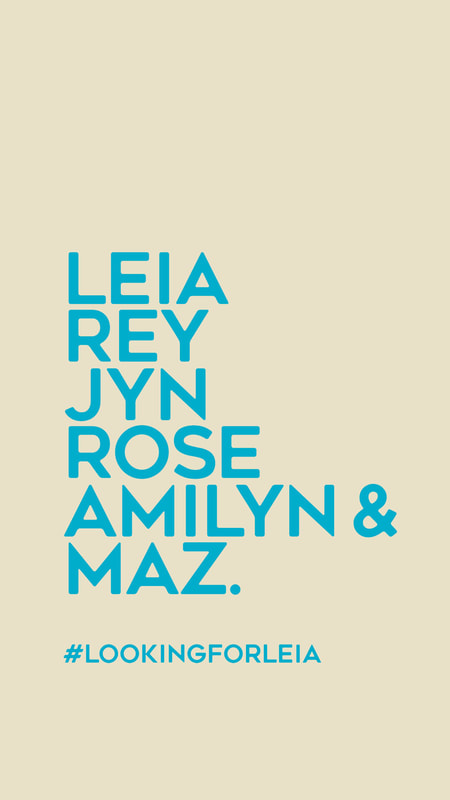
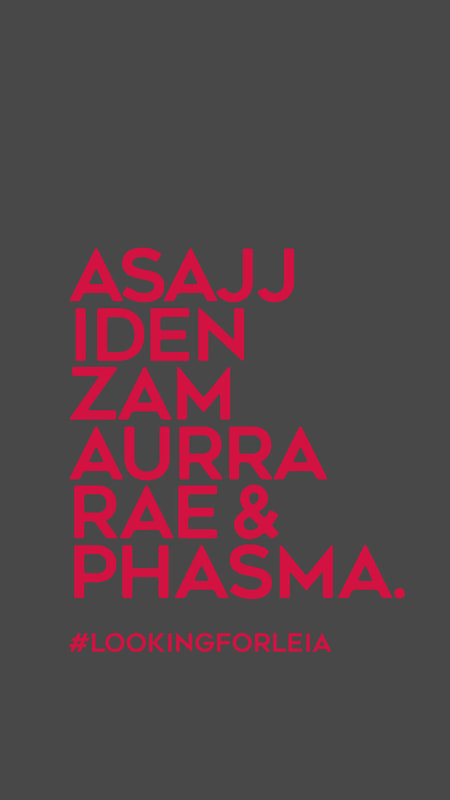
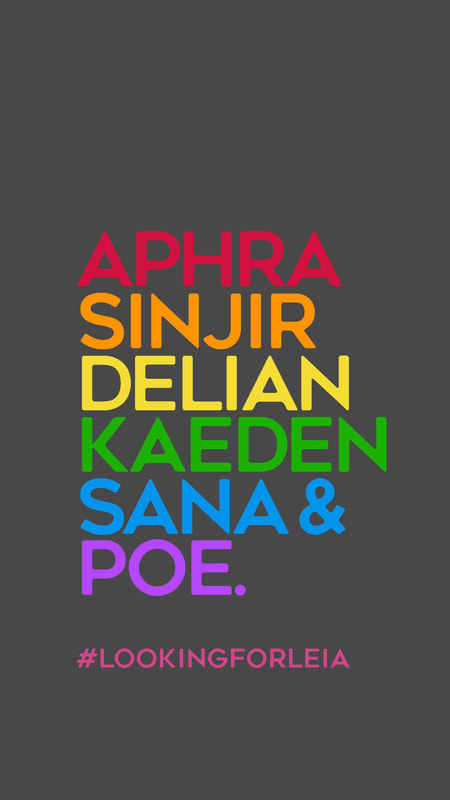
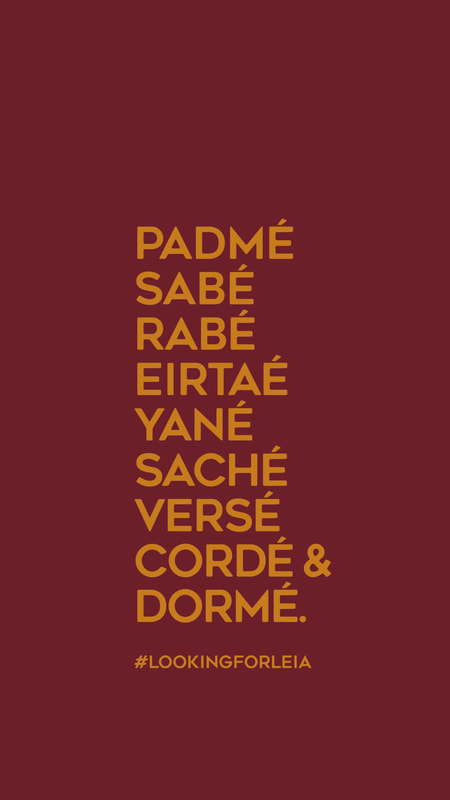
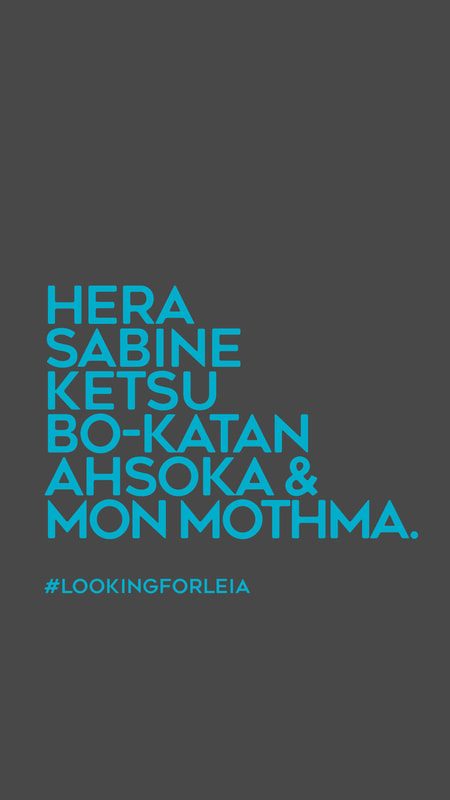
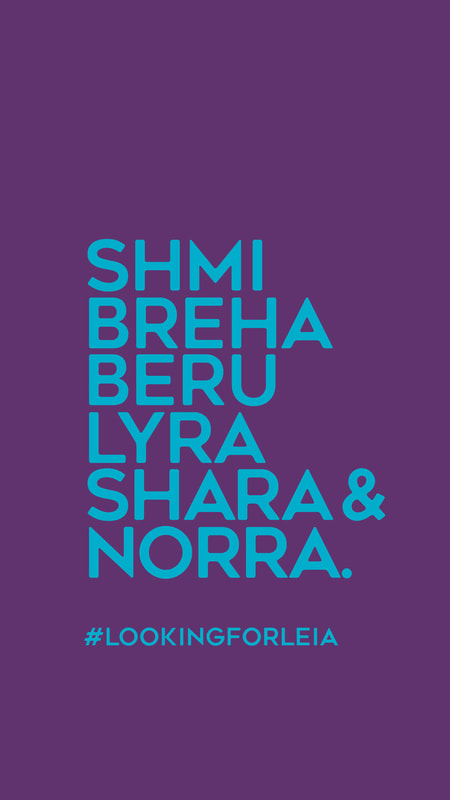
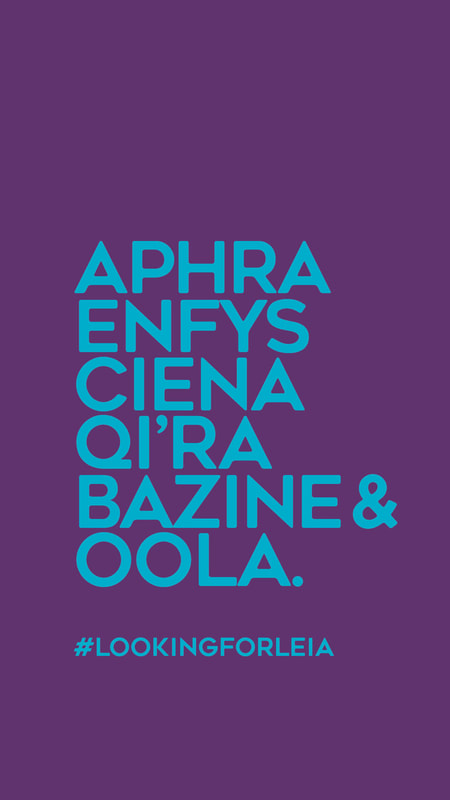
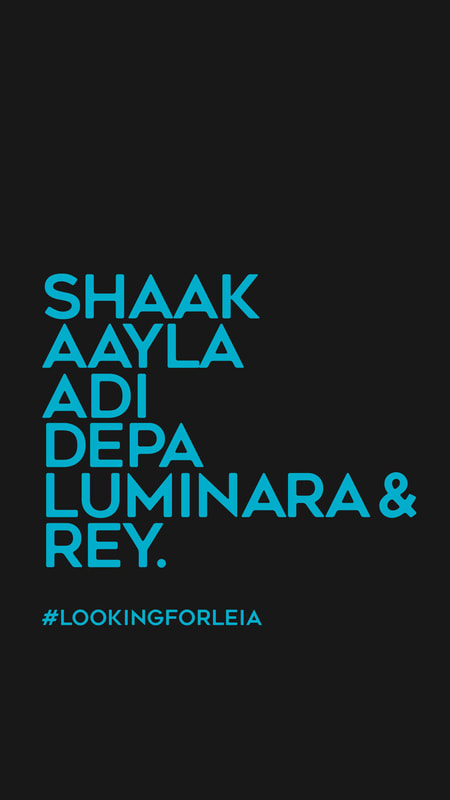
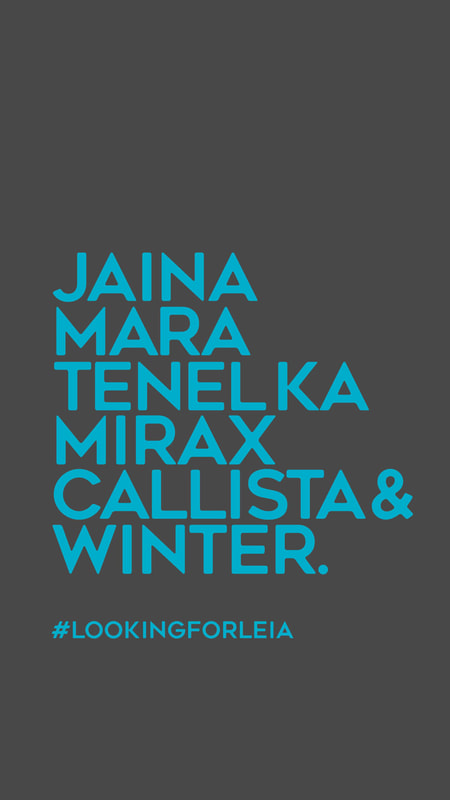

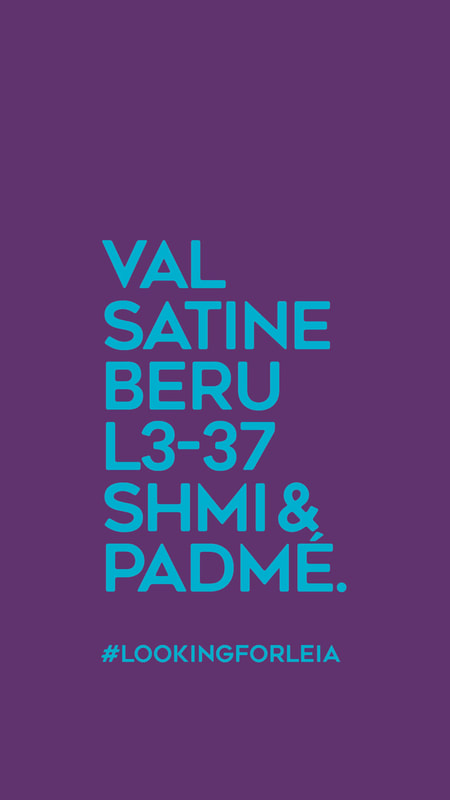
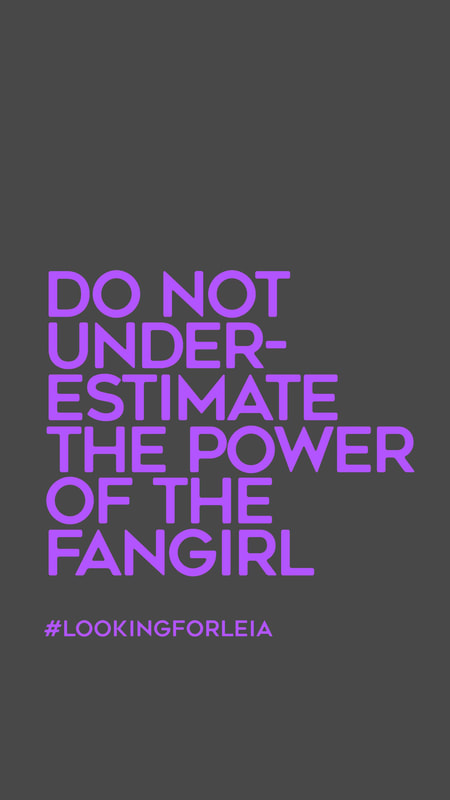

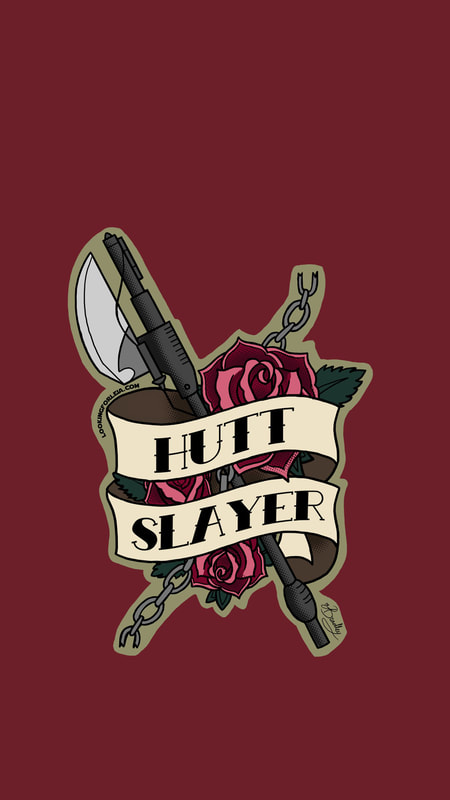
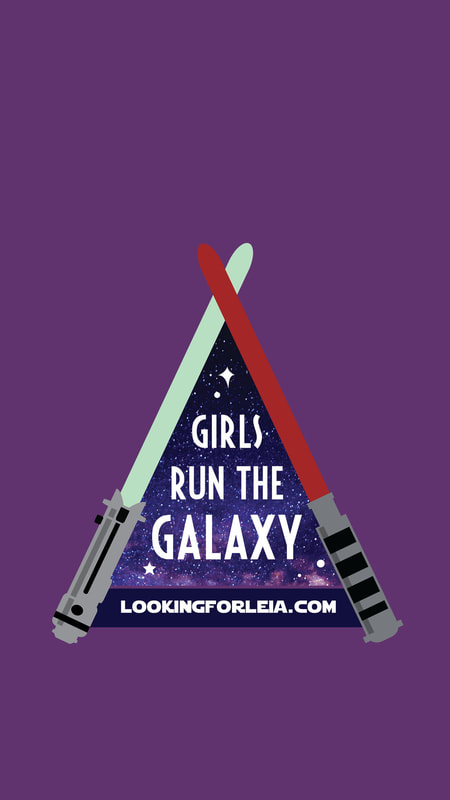
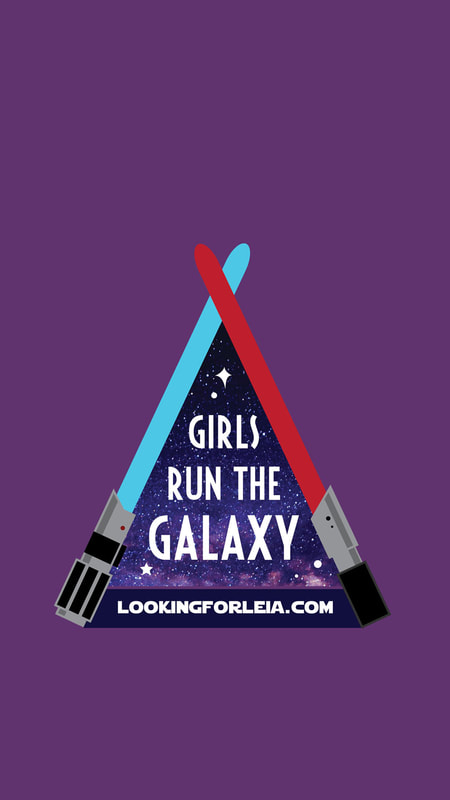
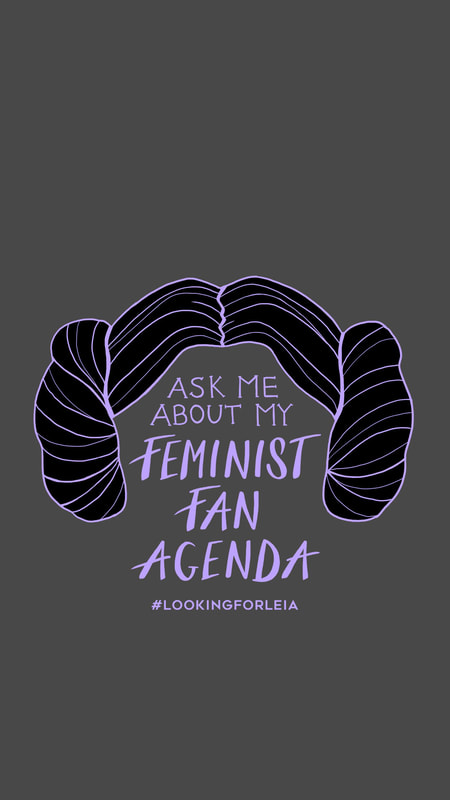
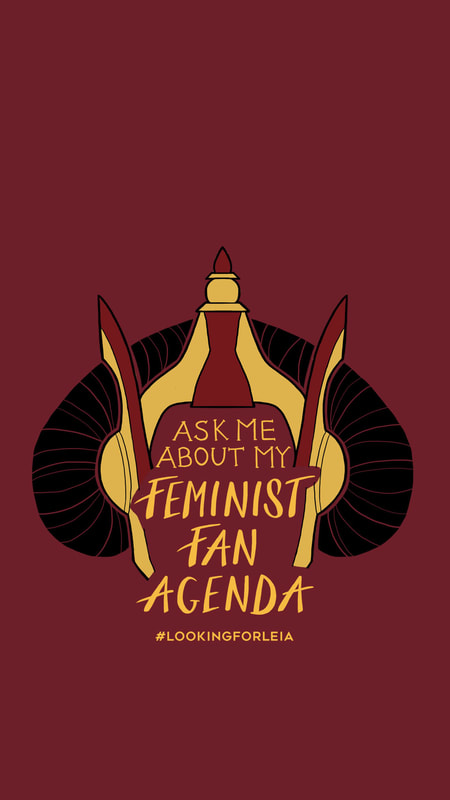
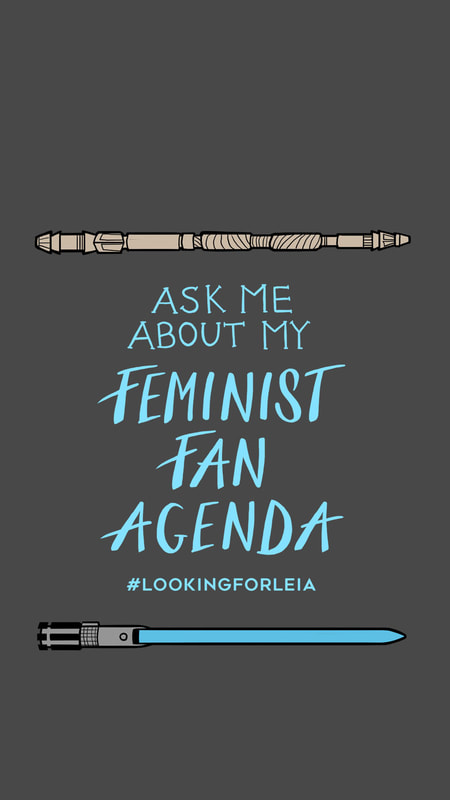
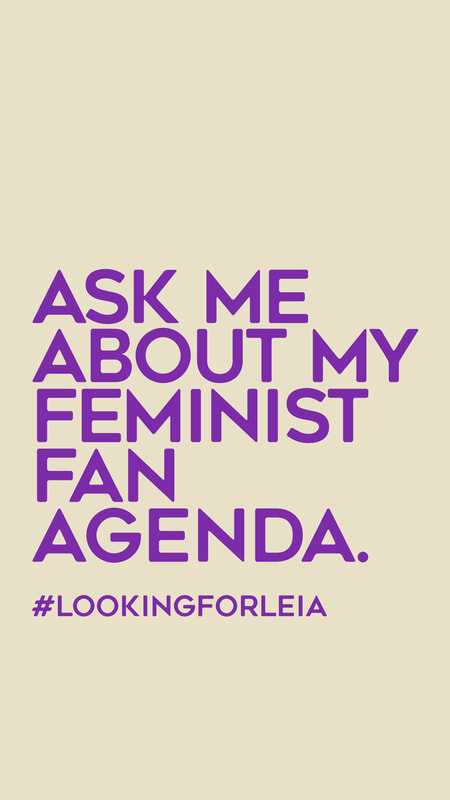
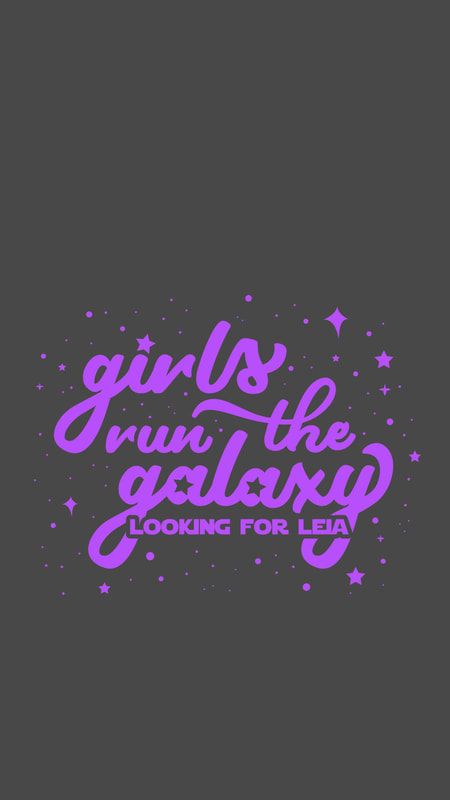
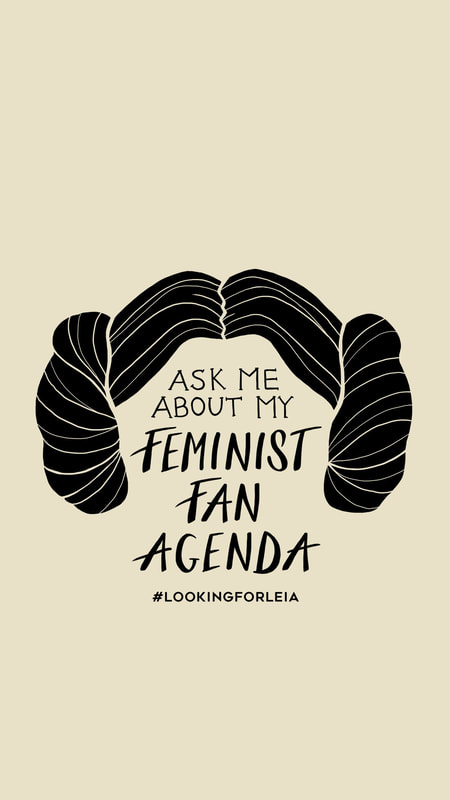
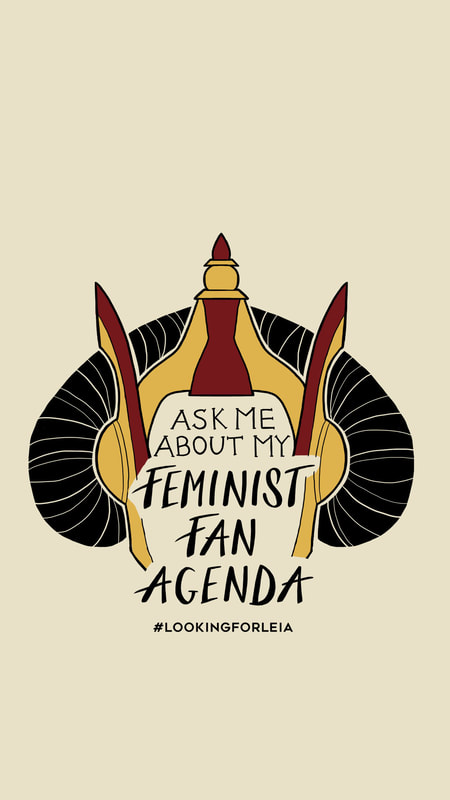
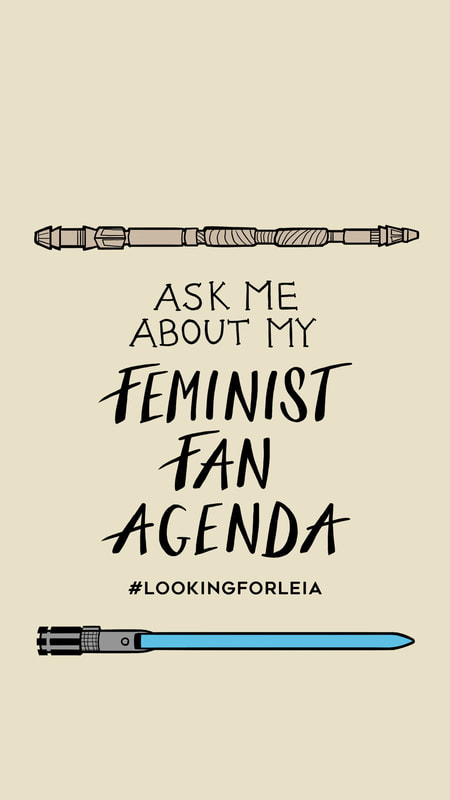
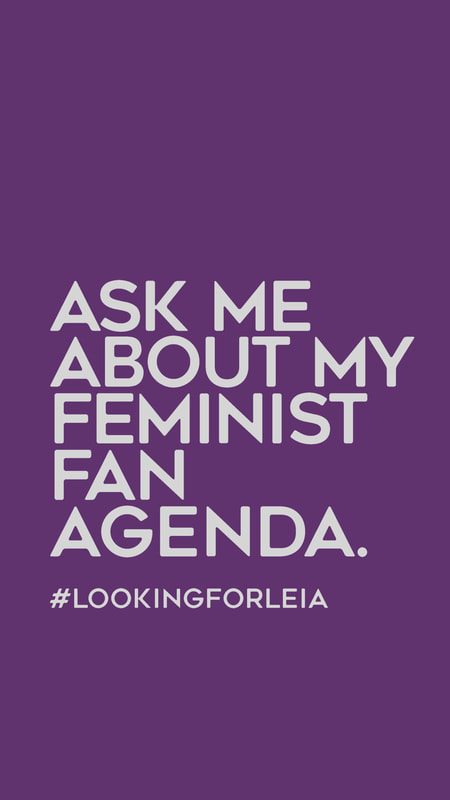
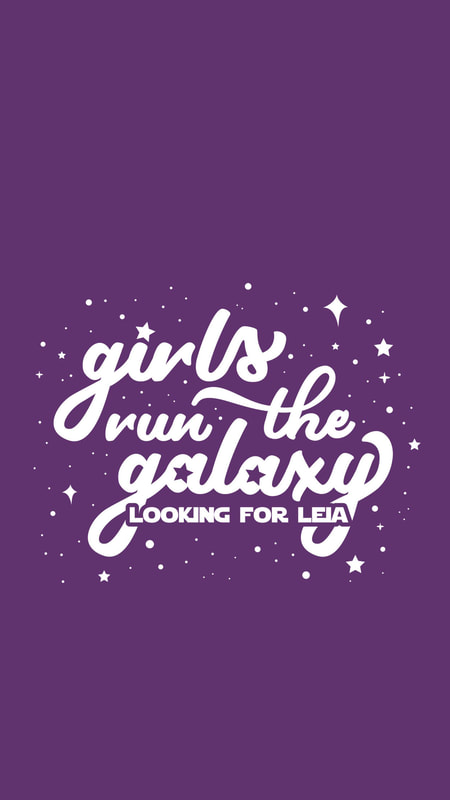
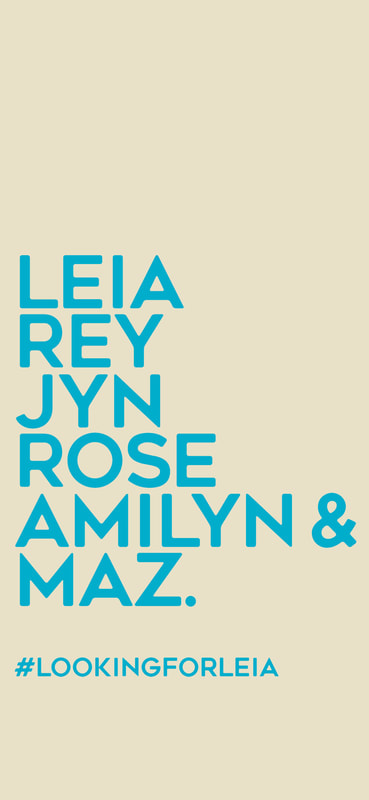
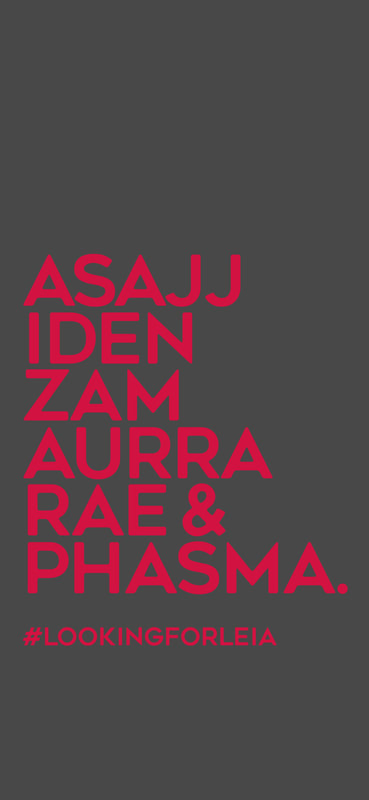
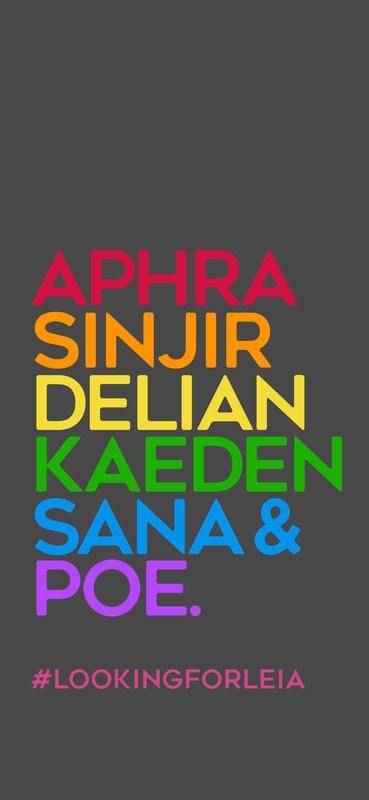
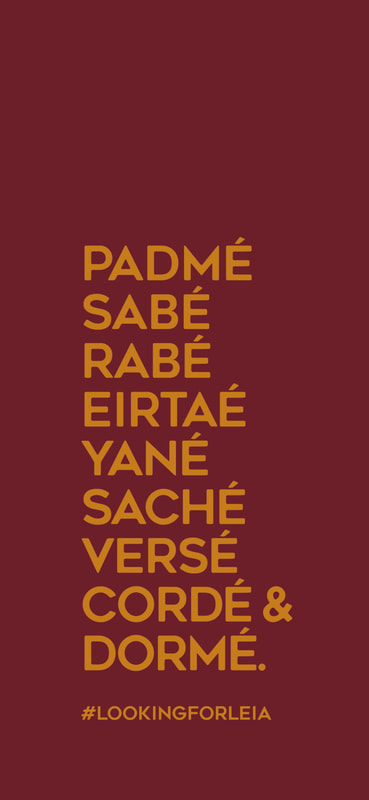
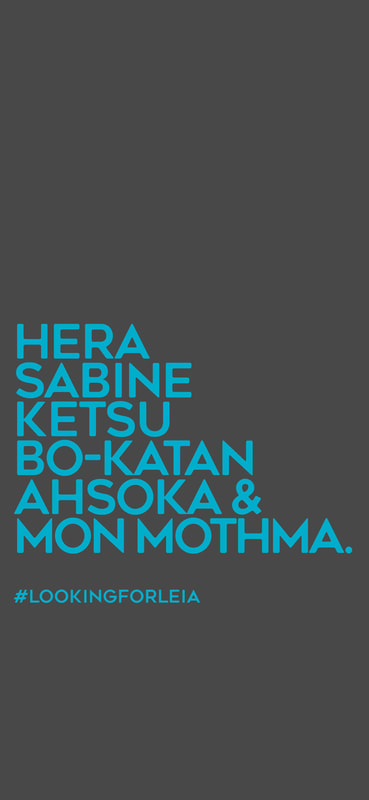
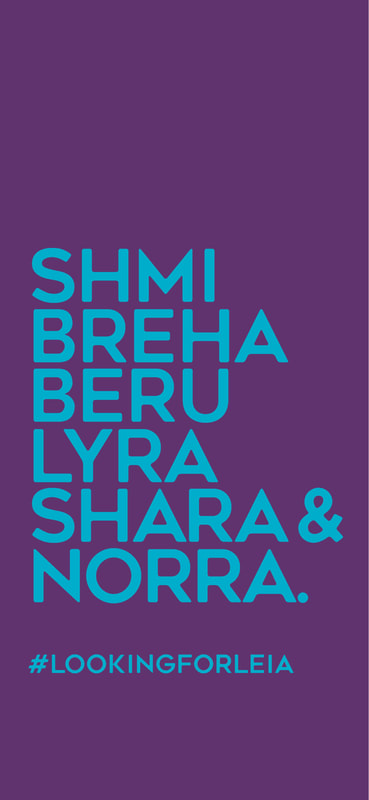
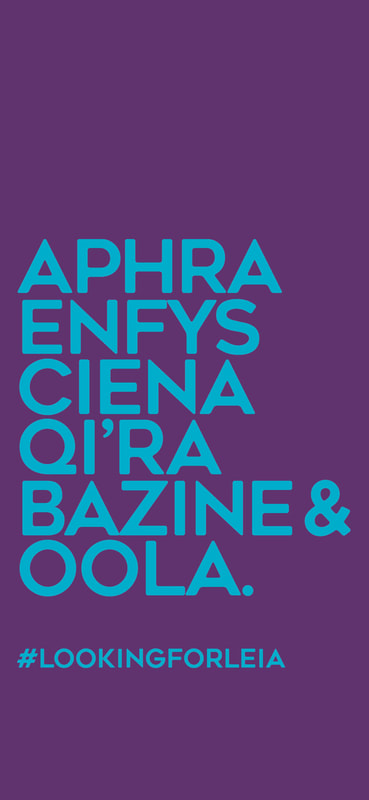
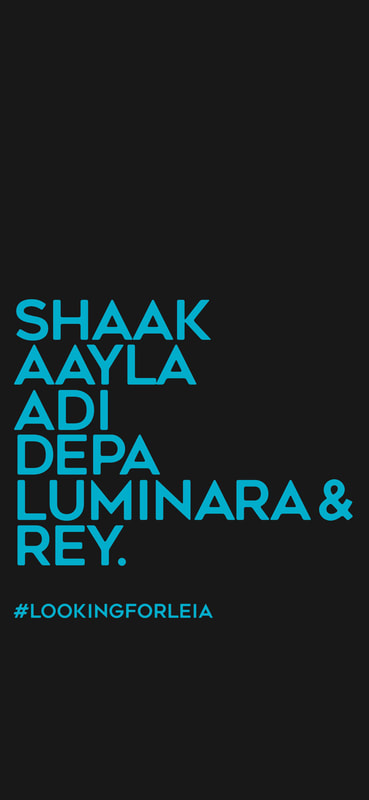
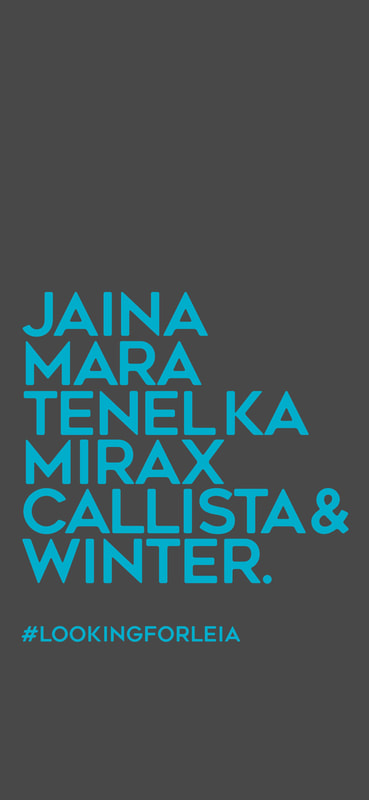
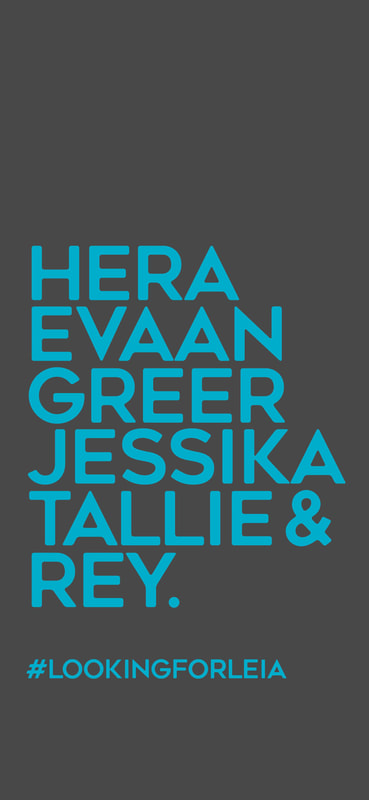
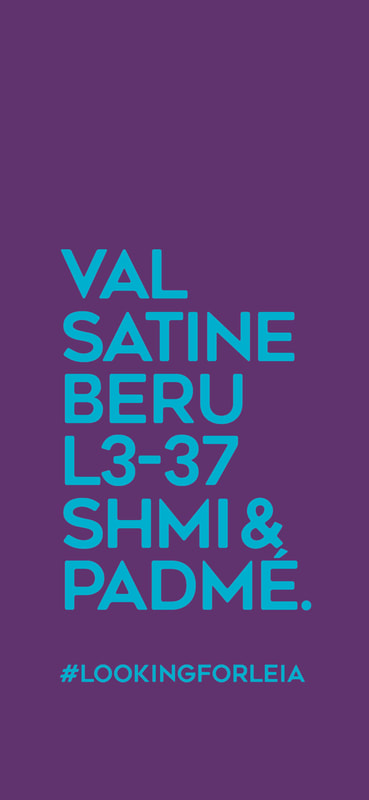
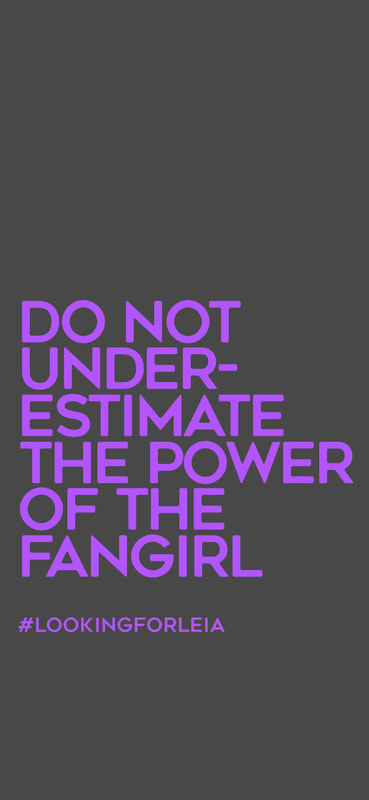
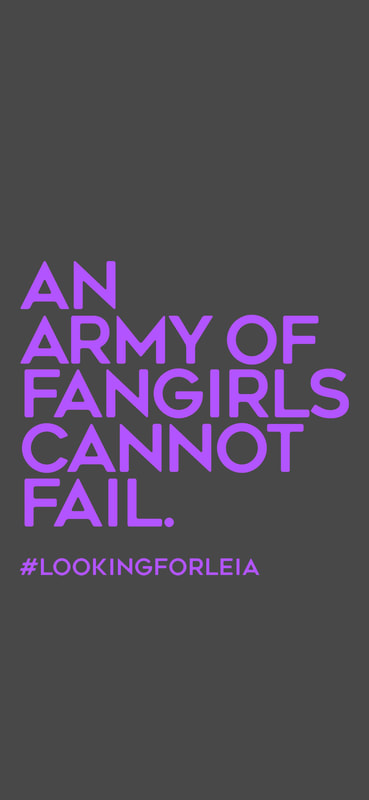

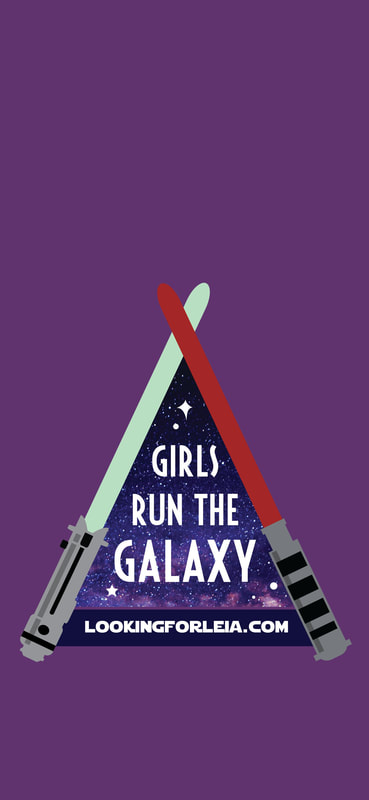
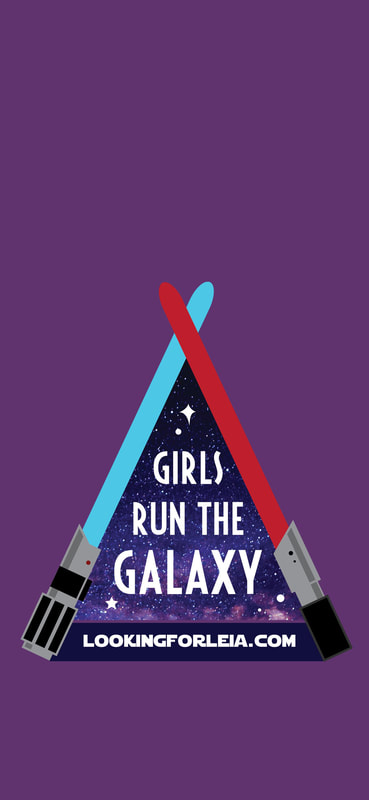
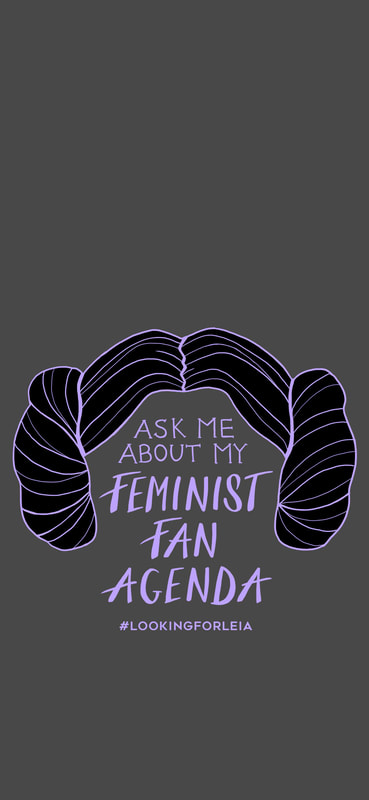
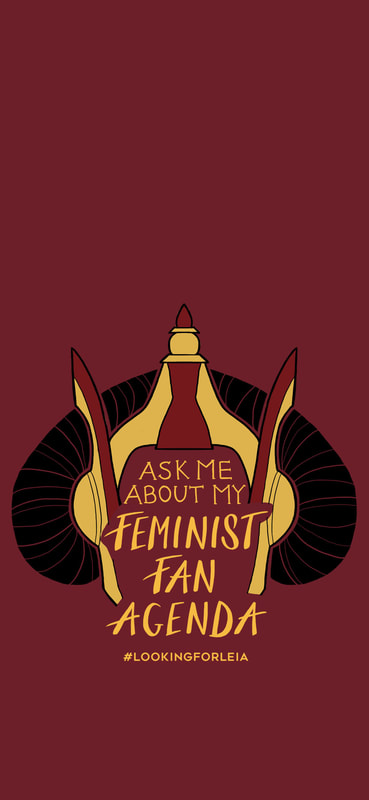
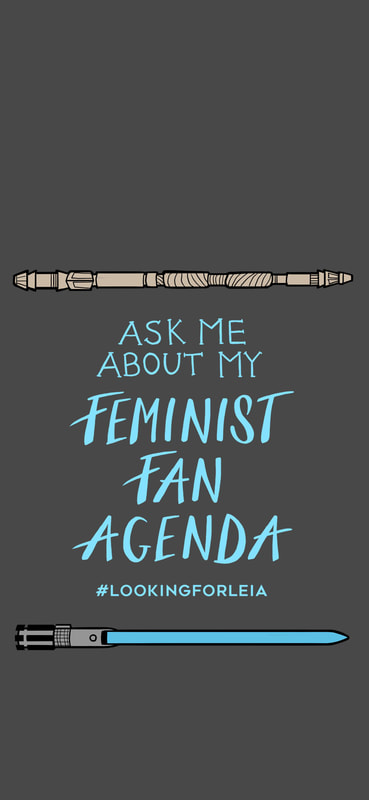
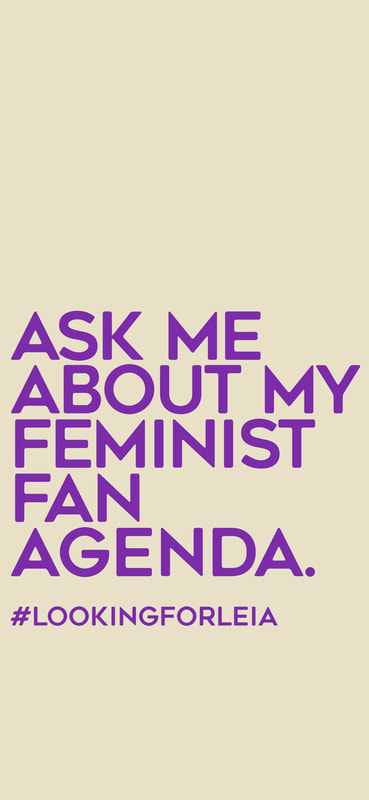
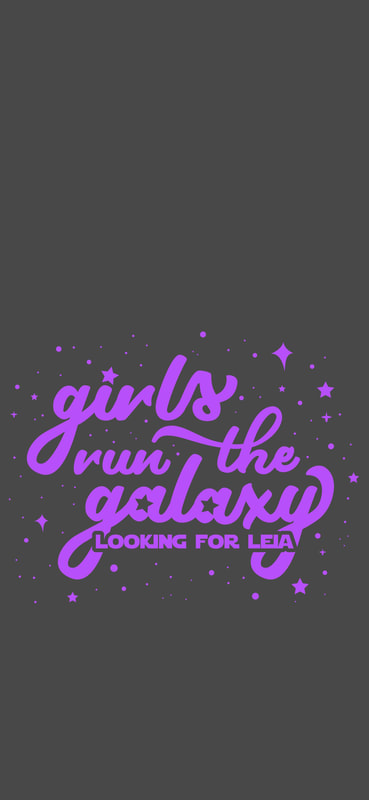
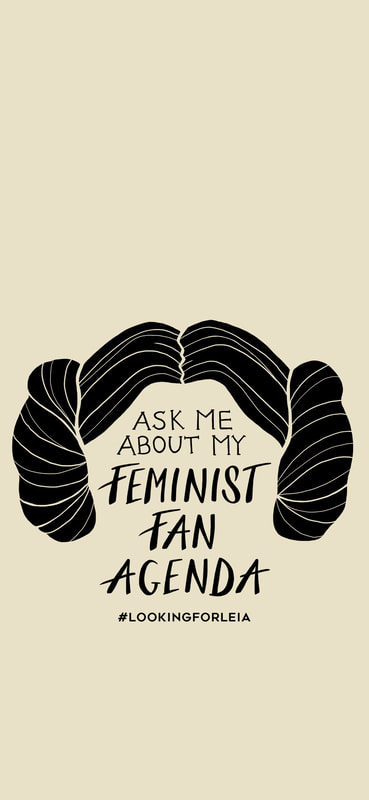
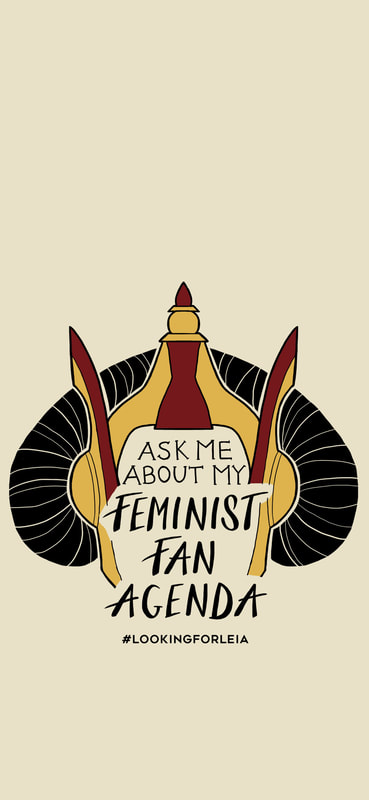
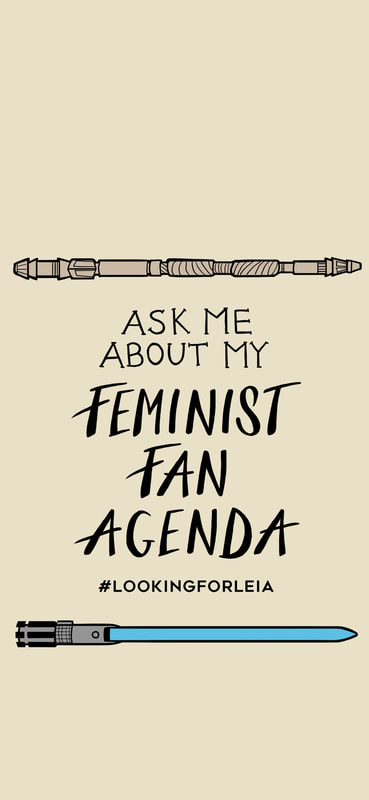
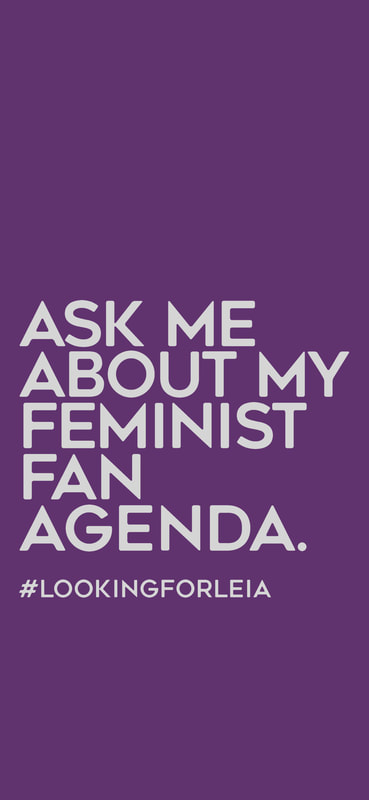
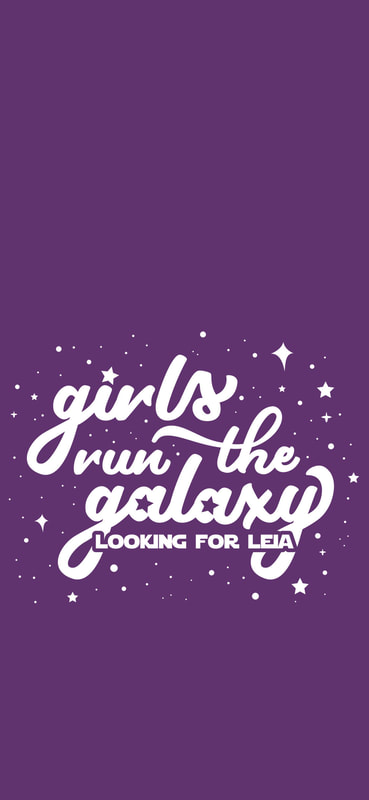
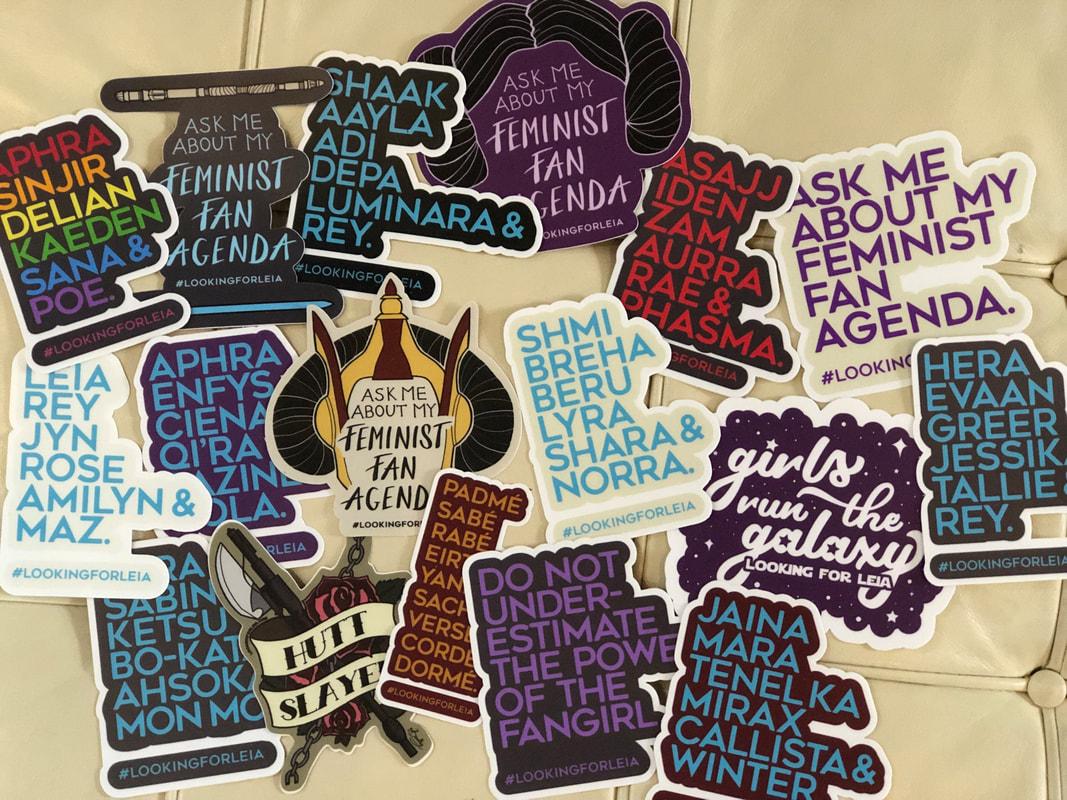
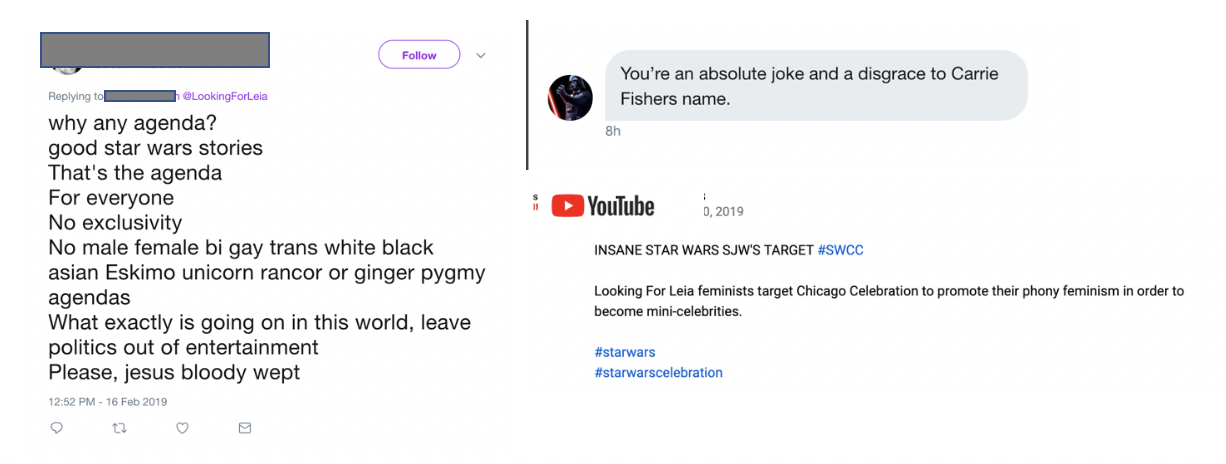
 RSS Feed
RSS Feed